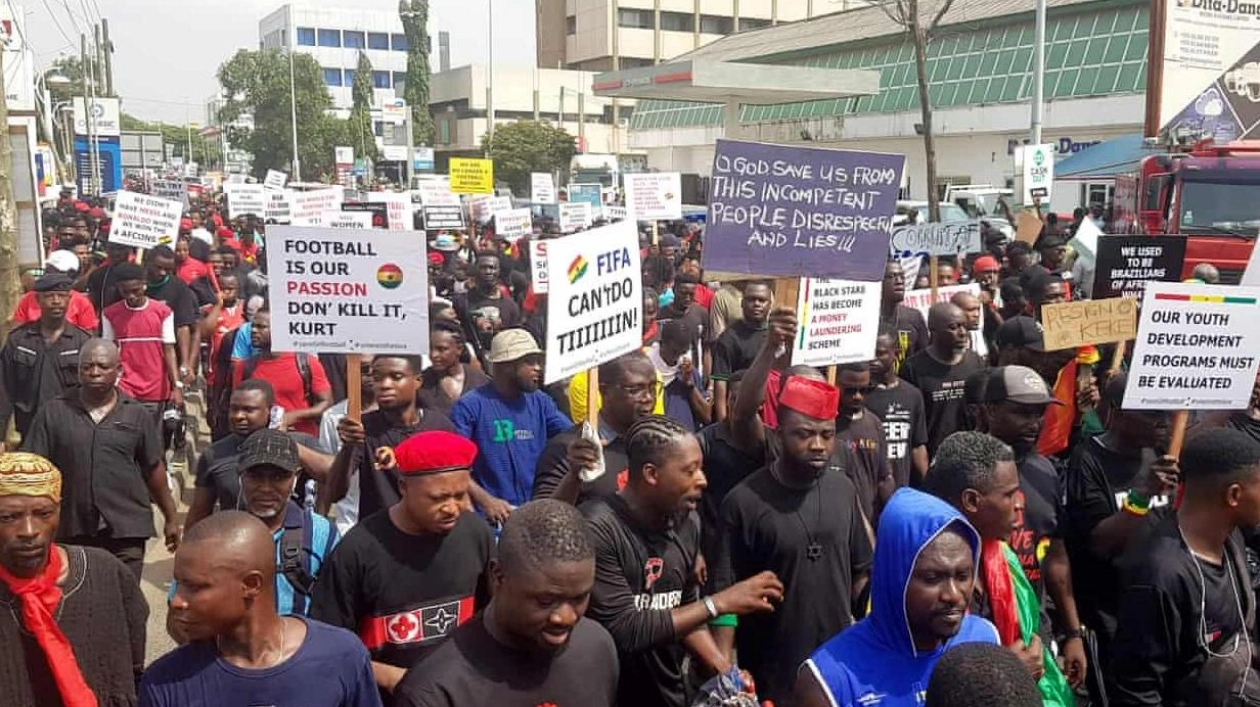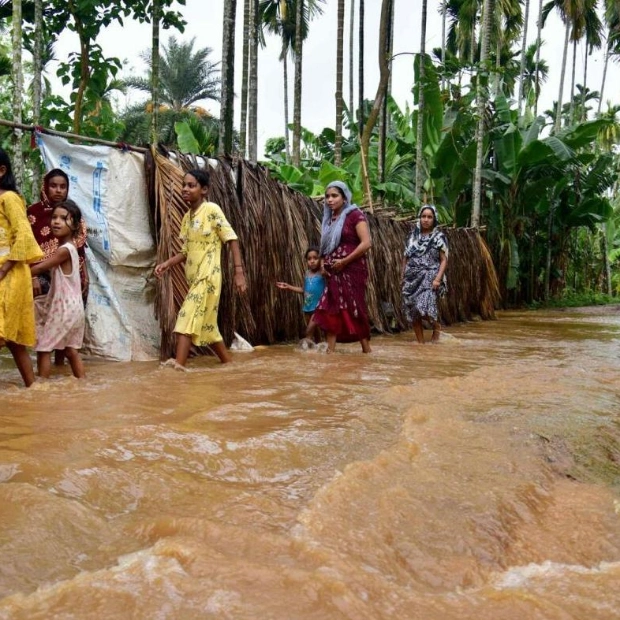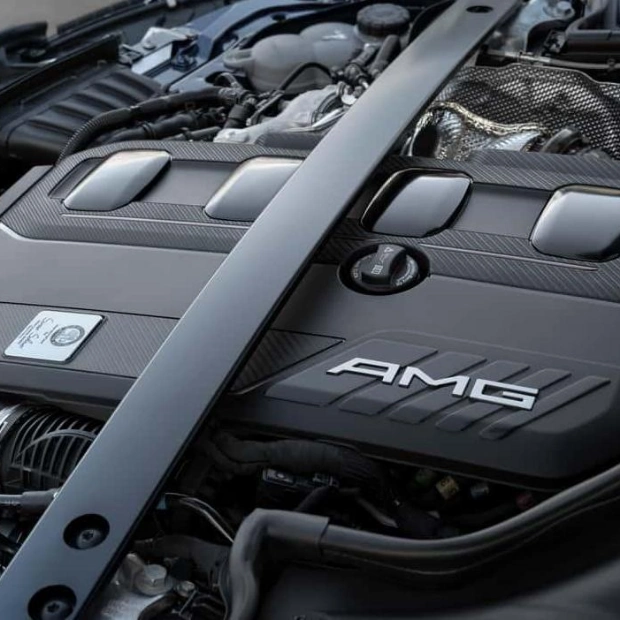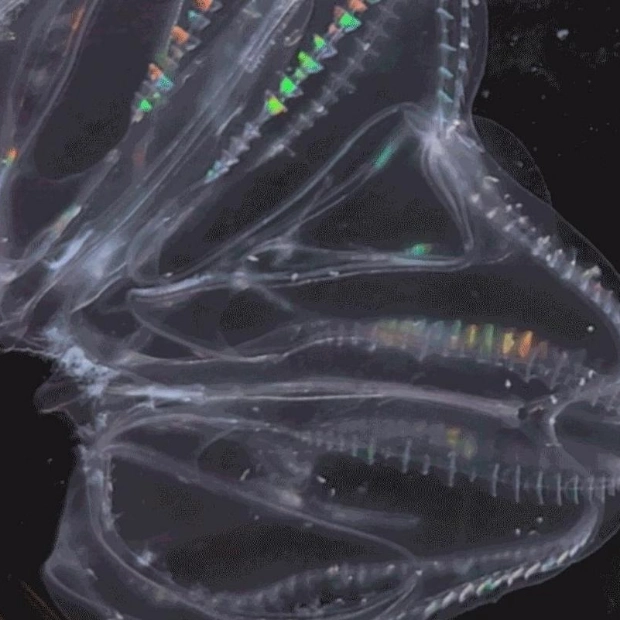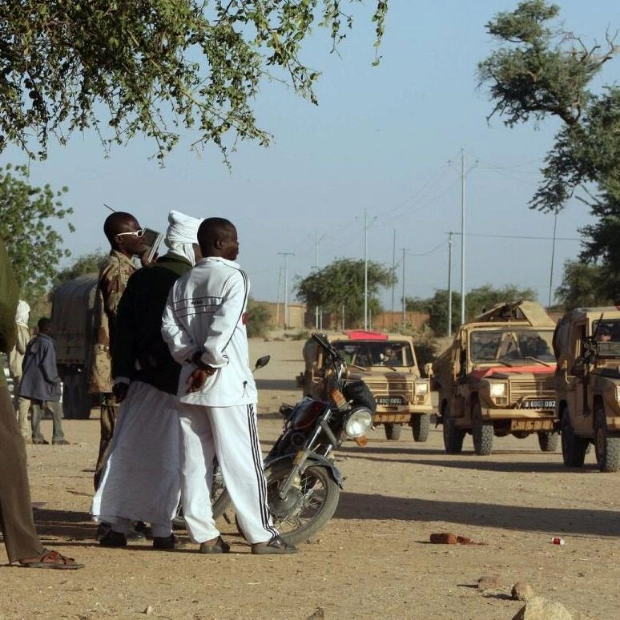The agony was particularly acute because, for a fleeting moment, it appeared they might pull it off. But they didn't. Ghana failed to secure the victory they desperately needed in Angola on Friday, meaning Mohammed Kudus, Thomas Partey, and Antoine Semenyo will miss the next Cup of Nations, set to kick off in Morocco in December 2025.
Ghana's performance in the qualifiers has been abysmal. Their elimination is a just outcome. They entered their final two games needing to win both while hoping Sudan would lose both of theirs. The odds were stacked against them, with Sudan, managed by former Ghana coach Kwesi Appiah, visiting Niger on Thursday. But Niger stunned everyone by winning 4-0, offering Ghana a slender hope. This meant they had to win in Angola.
After 18 minutes, Jordan Ayew's 35-yard free-kick soared into the top corner, a goal that seemed destined for legend. Abdul Manaf Nurudeen then saved M'Bala Nzola's penalty with an outstretched foot. Adding to the drama, coach Otto Addo and his assistants, John Paintsil and Fatau Dauda, had survived a car crash in September. At half-time, it seemed fate was on their side, with tales of a heroic night in Luanda already being spun.
However, the reality is that Ghana's shortcomings are self-inflicted. They are not missing out due to bad luck or a tough draw. They are missing out because they fail to execute the basics. When Zini headed in Felício Milson's cross to equalize after 64 minutes, the closest player to him was his teammate Antonio Hossi. Ghana barely threatened after that, their Cup of Nations campaign ending anticlimactically.
Sudan, meanwhile, is on the verge of qualification, a remarkable feat given their home games have been played in Libya due to the civil war. Ghana has not missed a finals since 2004, their only failure since the expansion to more than eight teams. By winning in 1963 and 1965, the Black Stars became the first great sub-Saharan African team. From 2006 to 2017, they reached at least the semi-finals in every tournament. Currently, they have a wealth of talent, including Partey, Kudus, and Semenyo, yet results have been declining.
After a penalty shootout defeat by Tunisia in 2019, they were eliminated in the group stage twice. In 2022, they conceded in the 80th minute in all three games, culminating in a humiliating 3-2 defeat by Comoros. Milovan Rajevac was sacked for those performances, replaced by Addo with Chris Hughton as technical director. Two solid defensive performances helped them beat Nigeria in the World Cup qualifying playoff, but in Qatar, they were eliminated in the group stage. Earlier this year at the Cup of Nations, Hughton's cautious approach led to more failures.
Hughton was sacked after the debacle in Ivory Coast, with Addo returning. There was a sense that Addo would restore some flair. Hughton's cautious approach never seemed a good fit, leading to personal threats in the team hotel in Abidjan. But results have been dismal, with late goals continuing to haunt them. At home to Angola, Ghana conceded a 93rd-minute winner to Milson. Four days later, Oumar Sako's 81st-minute equalizer ensured Ghana dropped points away to Niger. Last month, they took a single point from two games against Sudan.
The president of the Ghana Football Association, Kurt Okraku, delivered a 15-minute speech to the players before kick-off, urging them to fight with pride. They drew 0-0; nobody was laughing or smiling. And still, the situation worsened as Ghana lost the return 2-0. So, what went wrong? There have been issues in youth development, and results have declined significantly since they won the Under-20 World Cup in 2009. Perhaps some sense of togetherness or collective style has been lost, but there's no shortage of talented players.
The problem is getting them to play together. Semenyo, Lamptey, and Williams were among eight withdrawals from the present squad. Partey was left out after withdrawing from the squad for the two games against Sudan, only to be available immediately for Arsenal. With Addo effectively retiring André Ayew from international football, the squad is short of leaders. Leadership, organization, and direction are generally lacking. There have been seven changes of coach since Avram Grant left in 2017, for which Okraku must take responsibility.
If players start to wonder whether it's worth pushing themselves for a shambolic national squad, can they be blamed? With the talent available, Ghana should have gone to Morocco as one of the favorites. That they will not be there is the result of profound carelessness.
Source link: https://www.theguardian.com
